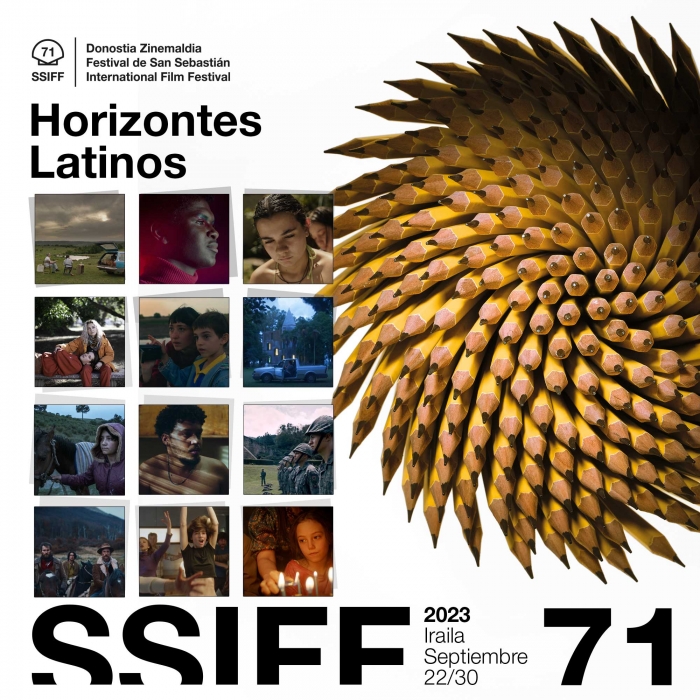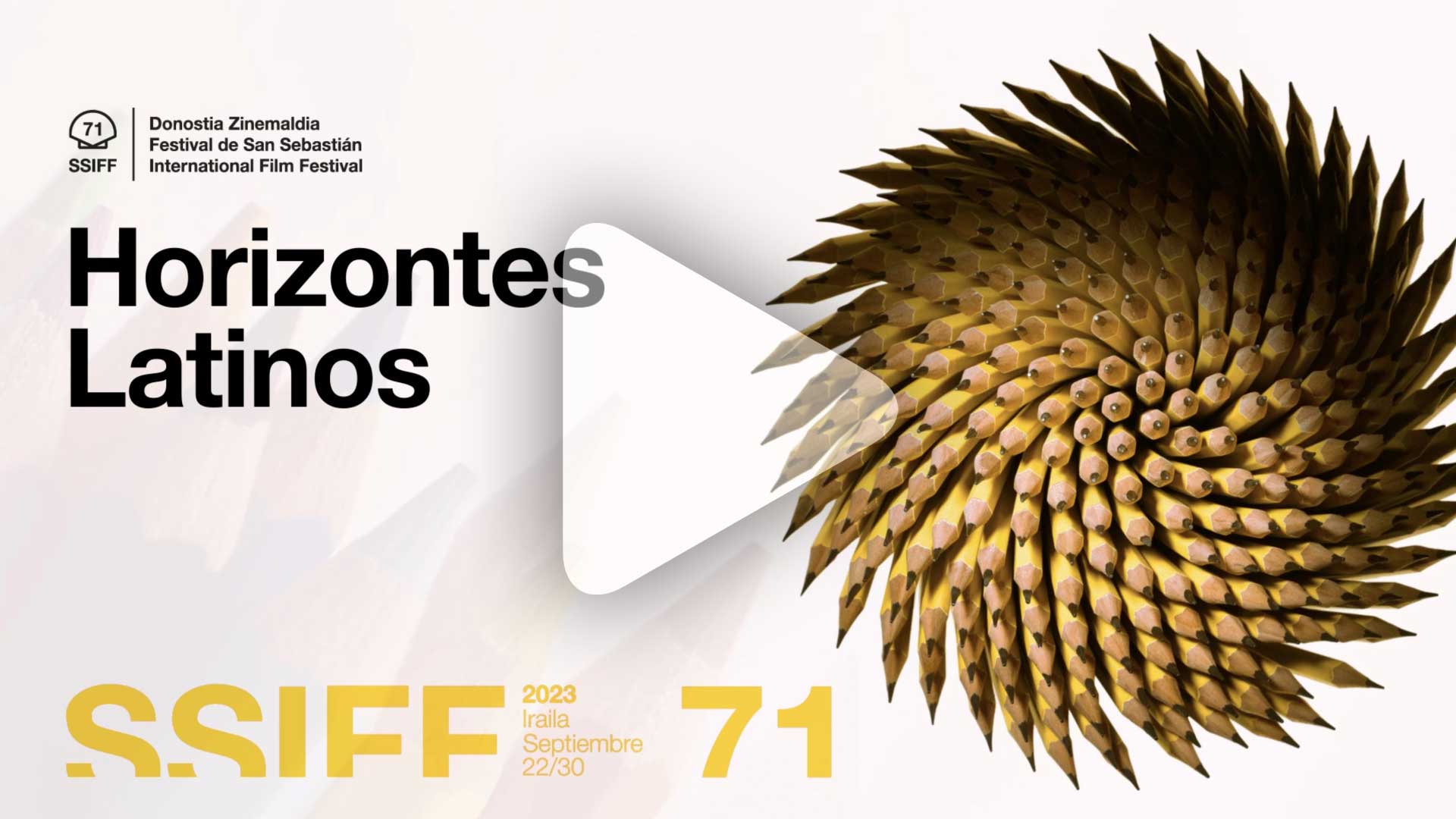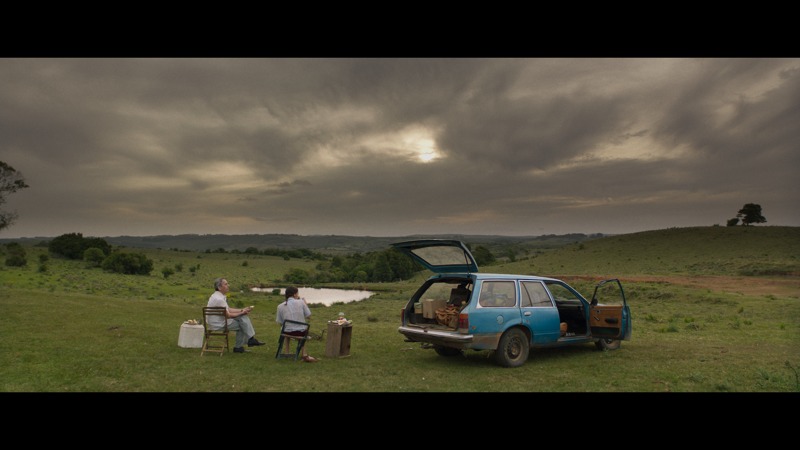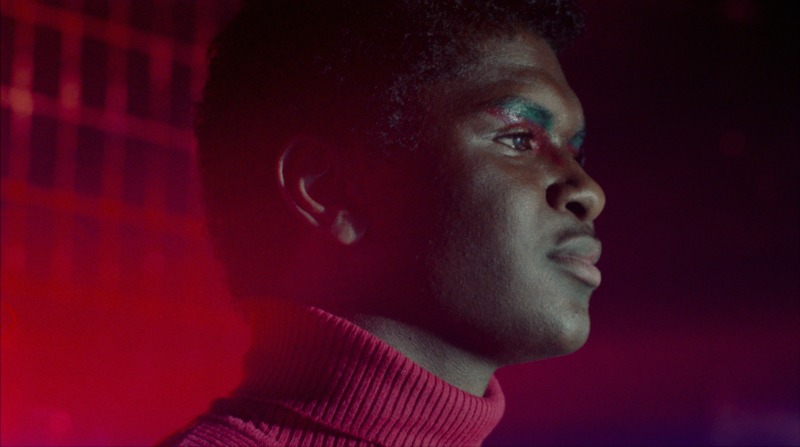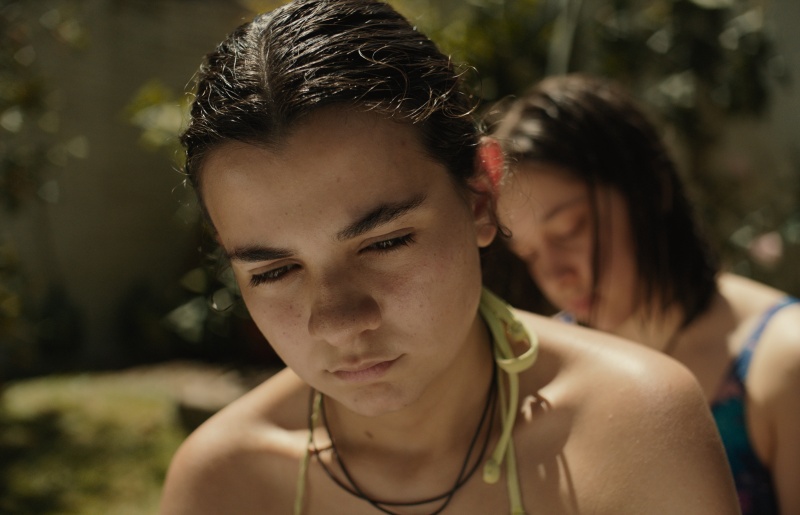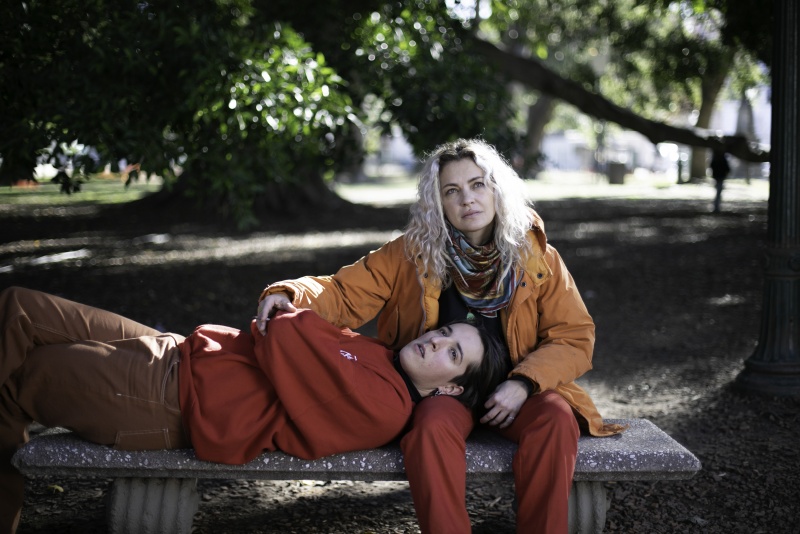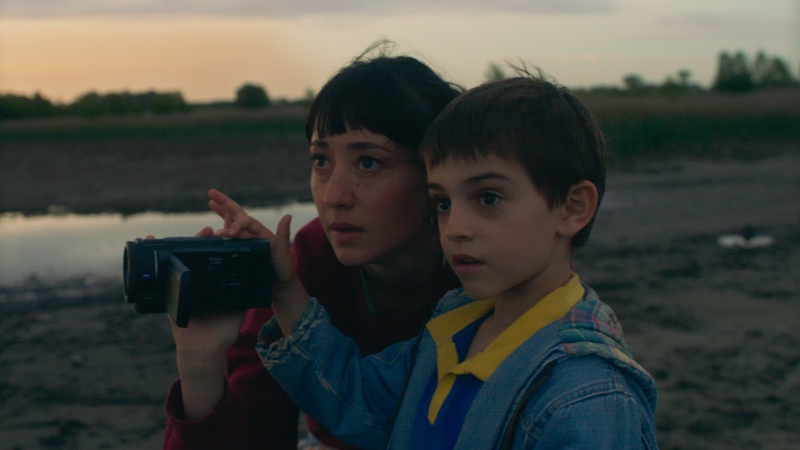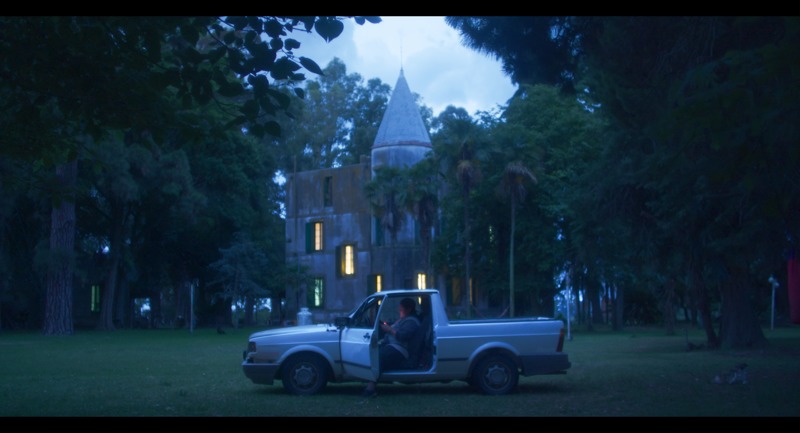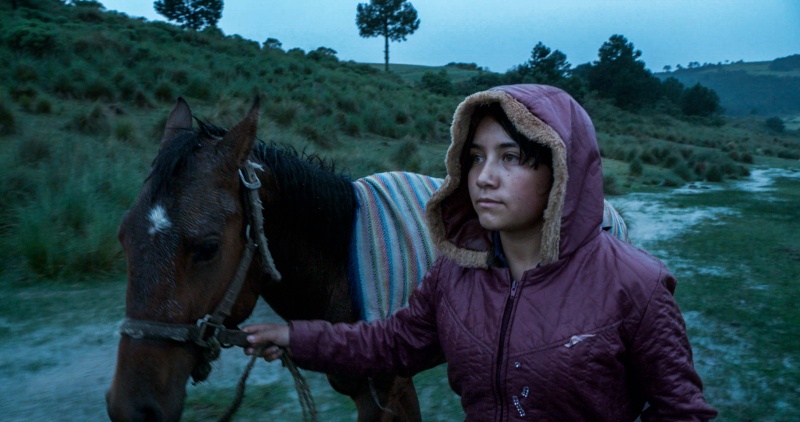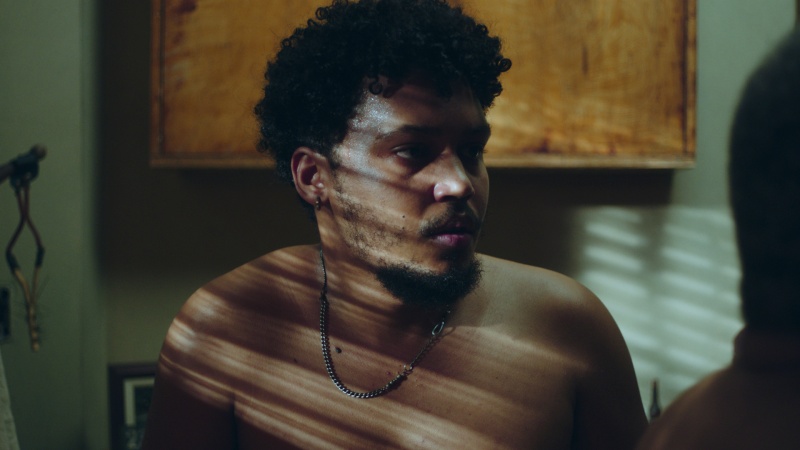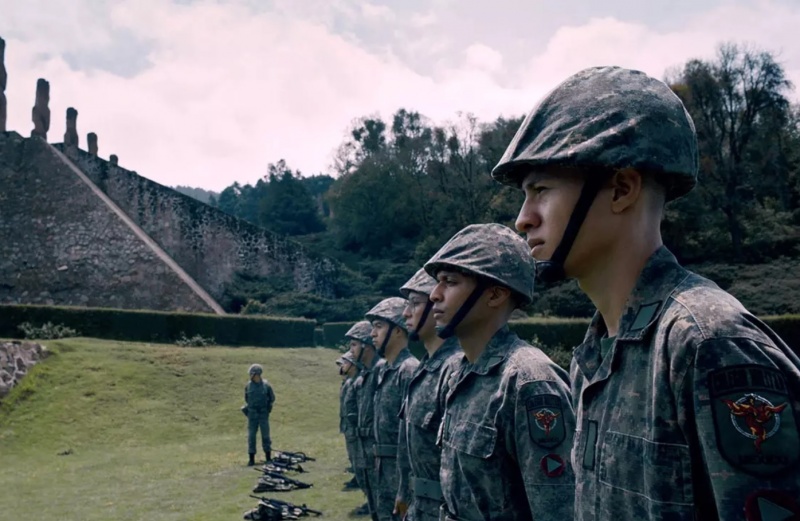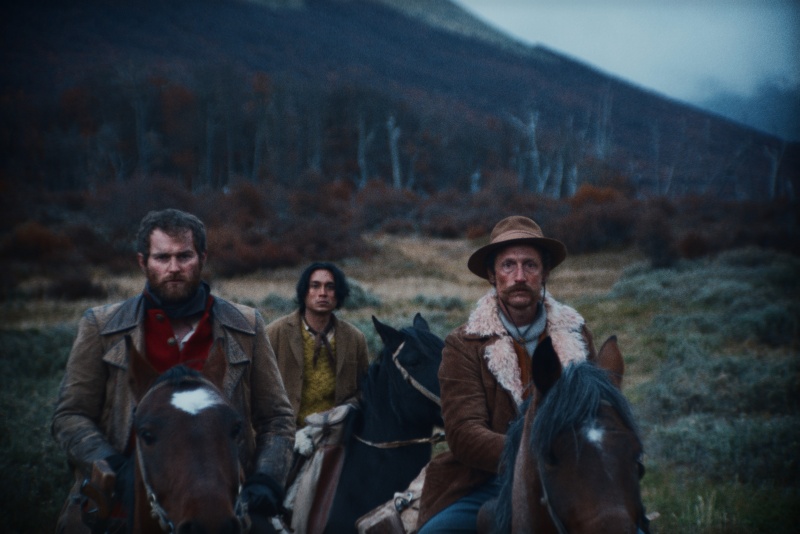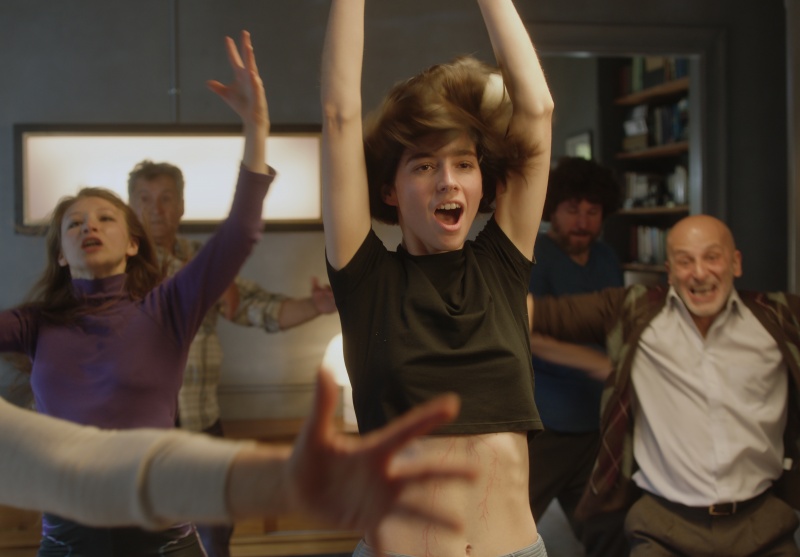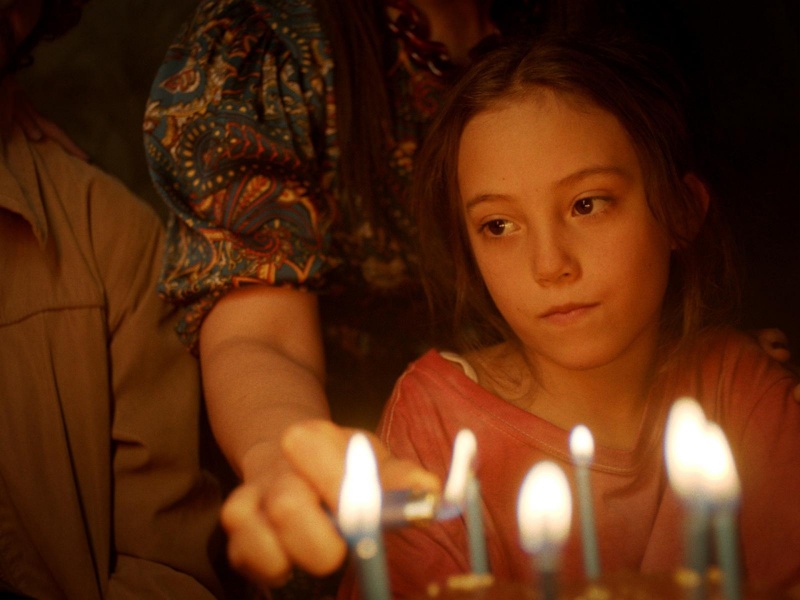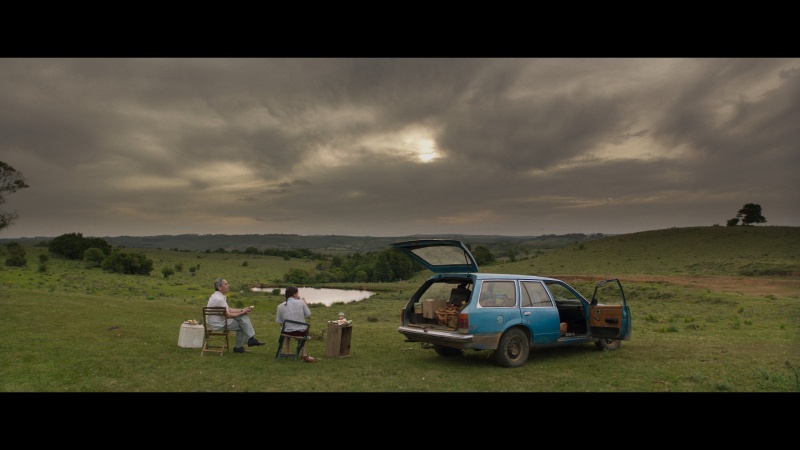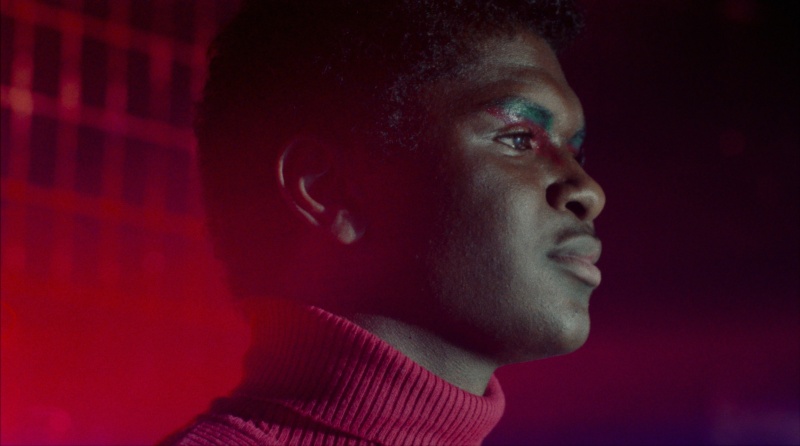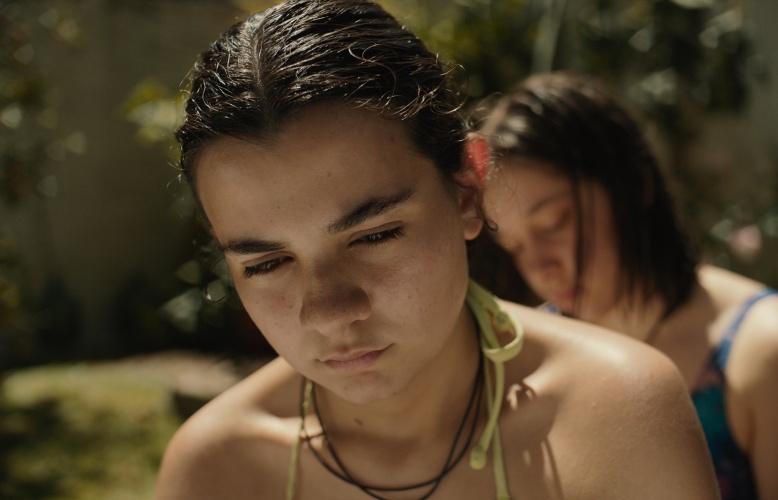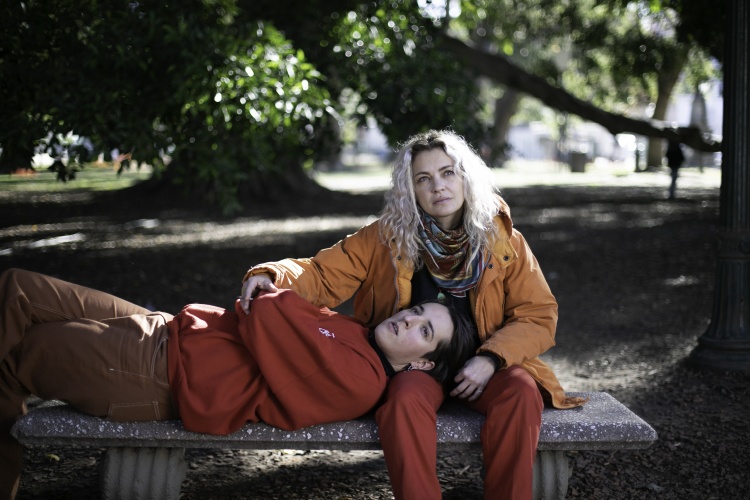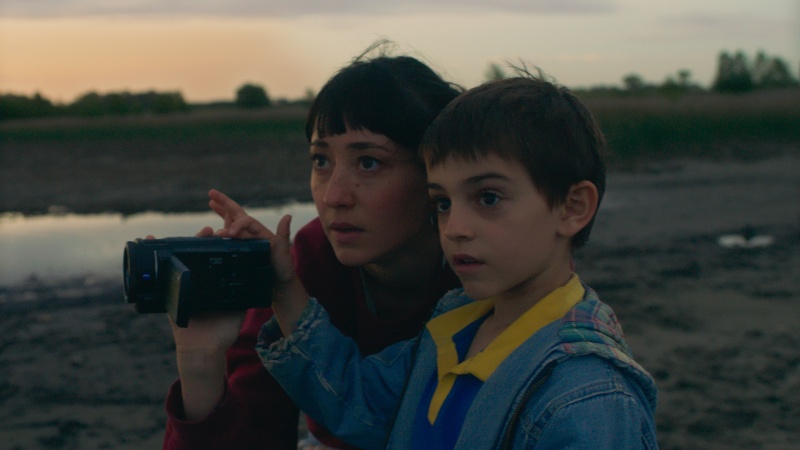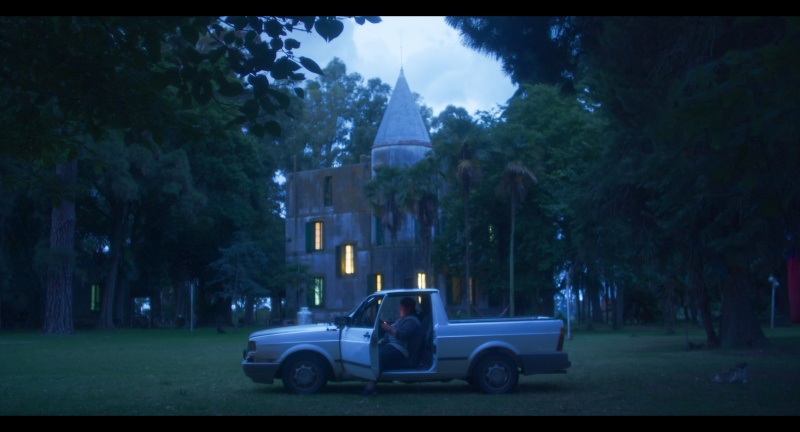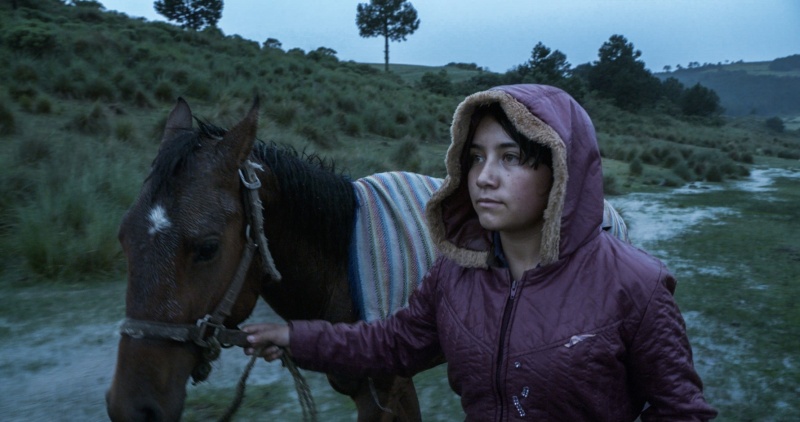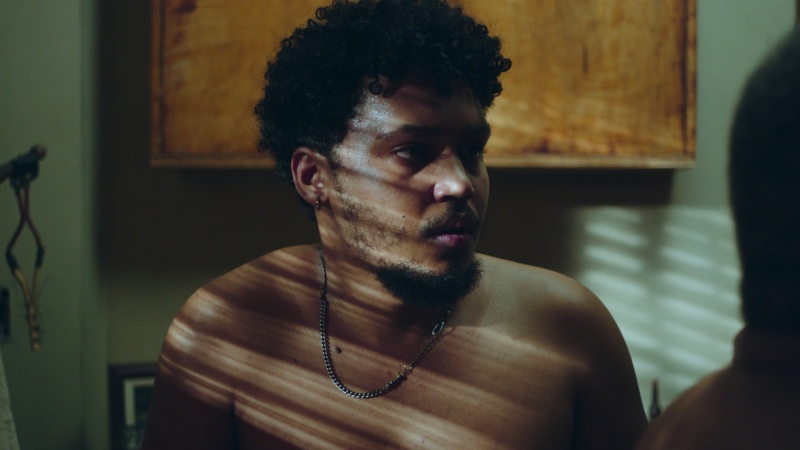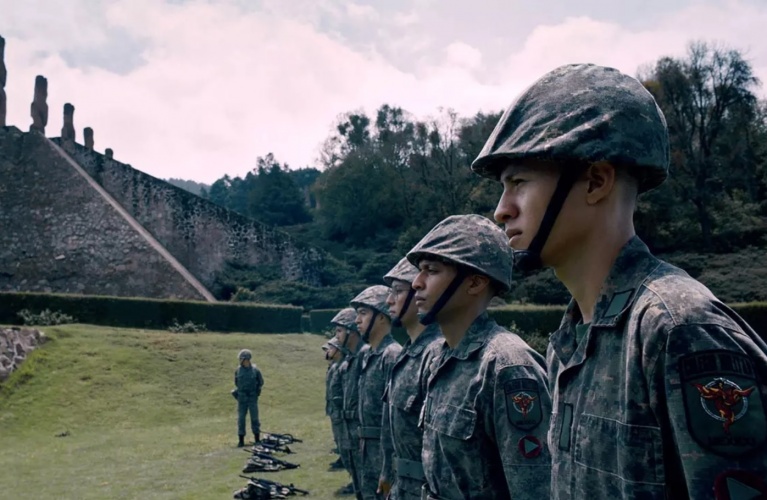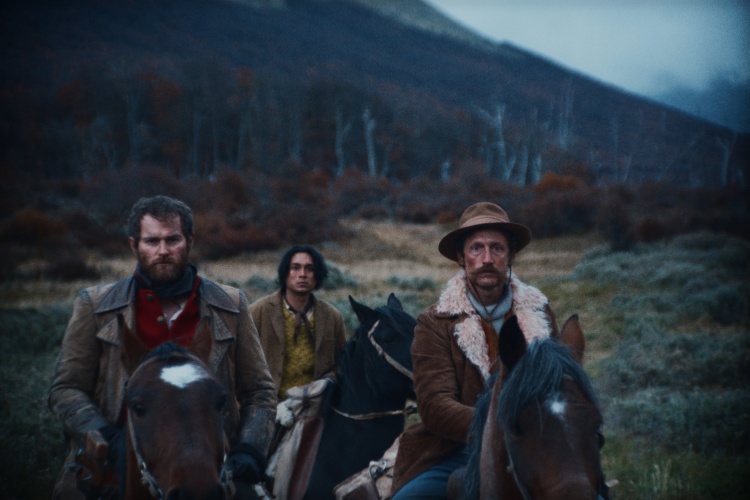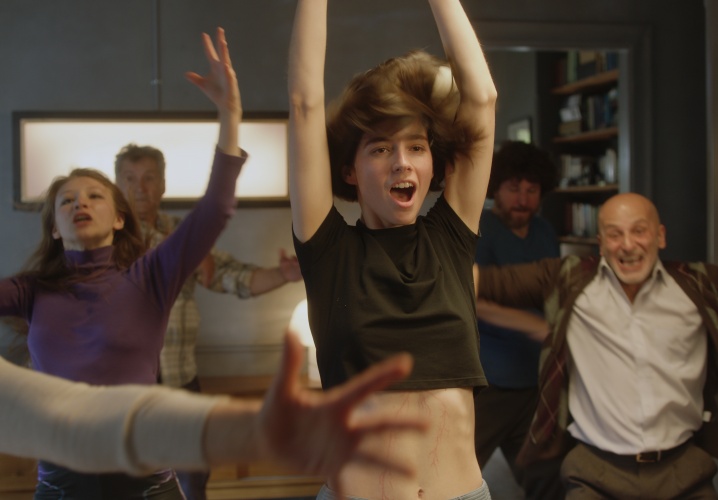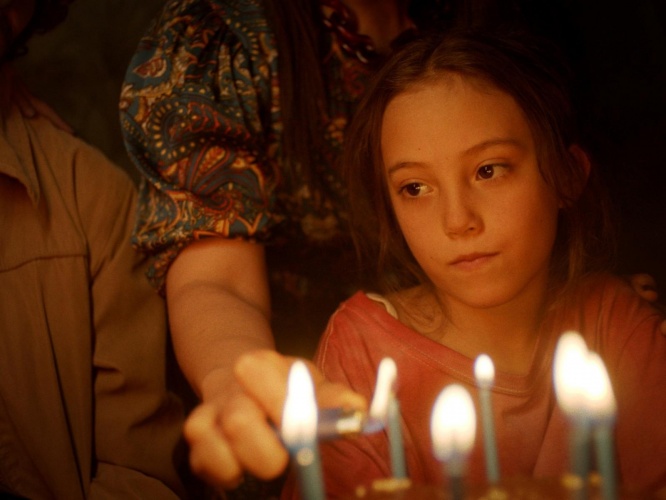The debuts from Camila Fabbri, Dolores Fonzi, Felipe Gálvez, Lucía Puenzo and María Zanetti complete the section
Twelve stories set in Argentina, Chile, Mexico and Brazil make up Horizontes Latinos, a selection of the year’s feature films, not yet released in Spain, from among all those totally or partially produced in Latin America, directed by moviemakers of Latino origin, or which are set against the backdrop or subject of Latino communities in the rest of the world. In the selection of titles competing for the Horizontes Award at San Sebastian’s 71st edition are two films to have carried off awards at the last WIP Latam –El castillo / The Castle and Estranho caminho / A Strange Path– and at the Europe-Latin America Co-Production Forum –Alemania–.
Having shown one of her previous movies in Horizontes Latinos, Los sonámbulos / The Sleepwalkers (2019), Paula Hernández (Buenos Aires, Argentina. 1969) returns to the section she will open with El viento que arrasa / A Ravaging Wind, a cinematic adaptation of Selva Almada’s homonymous novel. Alfredo Castro, Sergi López, Almudena González and Joaquín Acebo star in this tale of a preacher and his daughter who’s car breaks down during their latest mission to spread the gospel.
A year after participating in this section with Carvão / Charcoal (Carbón, 2022), Carolina Markowicz (São Paulo, Brazil. 1982) returns with her second feature film, Pedágio / Toll, which will close the section. The protagonist, a highway toll worker, is desperate because her son is gay and would do anything to change his condition.
Debutant María Zanetti (Buenos Aires, Argentina. 1980) will show Alemania, winner of the ArteKino International Award at the Europe-Latin America Co-Production Forum in 2021. In this first movie, the director focuses on the character of a teen whose family life is racked by her sister’s mental disorder.
Actress Dolores Fonzi (Buenos Aires, Argentina. 1978) –El aura / The Aura, Truman, La cordillera / The Summit and Distancia de rescate / Fever Dream– debuts as a director with Blondi, a tale of the special relationship between a mother and her son starring Fonzi herself alongside Carla Peterson, Rita Cortese, Toto Rovito and Leonardo Sbaraglia. Premiered in the Official Competition of the BAFICI Festival, the film won the Best Performance Award to the Cast for the entire line-up and the Award for Best Argentinian Director from among all Official Competitions (Género DAC Award).
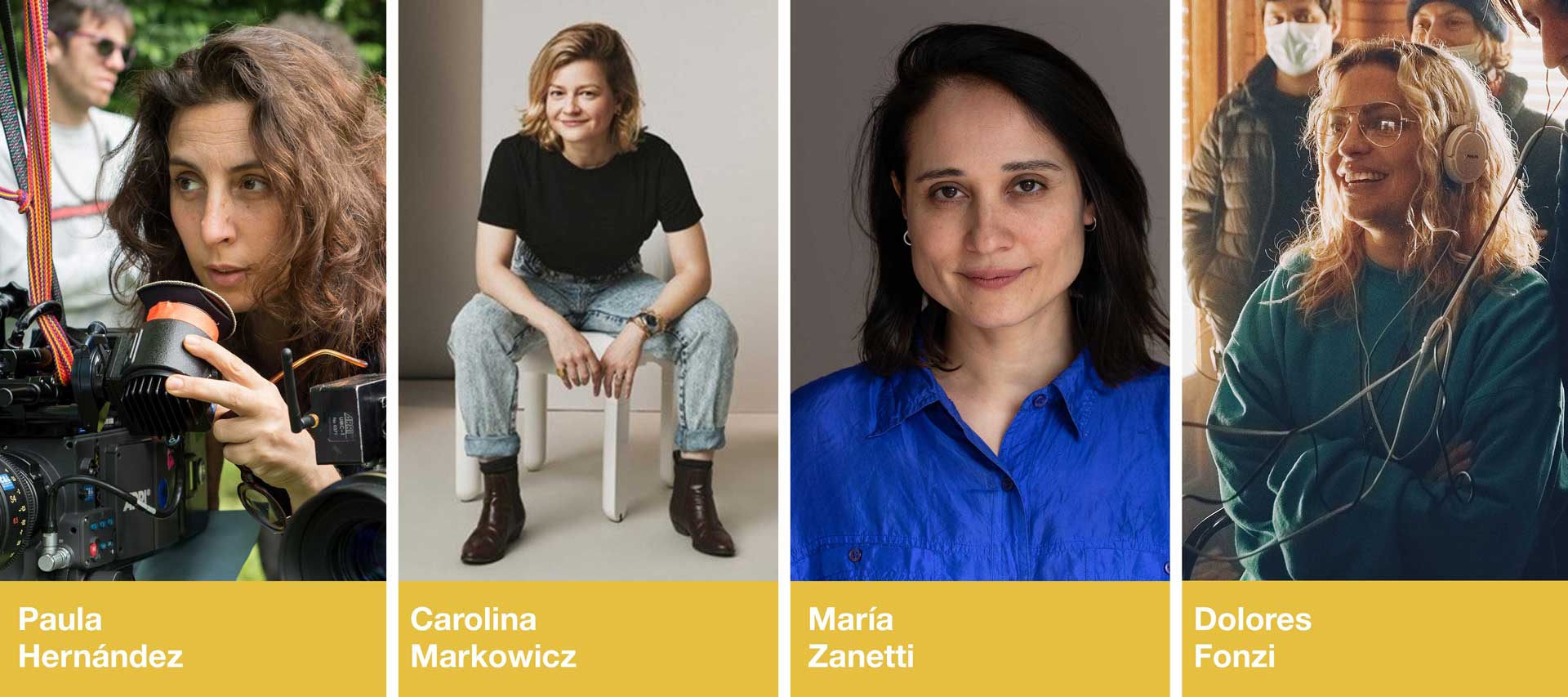
Similarly debuting behind the camera is the writer and actress Camila Fabbri (Buenos Aires, Argentina. 1989), who in the feature film Clara se pierde en el bosque / Clara Gets Lost in the Woods portrays a woman confronted with a traumatic occurrence from her past. Fabbri has written and directed plays and has published her literary work in several languages. She was also nominated for the Silver Cóndor New Actress Award for her performance in Dos disparos / Two Shots Fired (Martín Rejtman, Horizontes Latinos, 2019).
With experience in the field of documentary films, Martín Benchimol (Buenos Aires, Argentina. 1985) will show his first solo-helmed feature, El castillo / The Castle, winner of last year’s WIP Latam Industry Award and the Egeda Platino Industry Award for Best WIP Latam. Premiered in the Panorama section of the Berlin Festival, the film tells the story of Justina, a housekeeper who inherits an enormous mansion.
Also returning to Horizontes Latinos is Tatiana Huezo (San Salvador, El Salvador. 1972), who was included in the retrospective 4+1: Contemporary Mexican Cinema with El lugar más pequeño / The Tiniest Place (2011) and later won the Horizontes Award with Noche de fuego / Prayers for the Stolen (2021). El eco / The Echo, which documents life in a remote village in northern Mexico, carried off the Berlinale’s Best Documentary Award and the Best Director Award in the Encounters section.
Having participated in festivals such as BAFICI and Rotterdam with his previous works, Guto Parente (Fortaleza, Brasil. 1983) will now visit San Sebastian with his tenth feature film, winner of the Projeto Paradiso First Prize in the WIP Latam section. Estranho caminho / A Strange Path, following a filmmaker who reconnects with his father during the forced lockdown of the pandemic, was applauded in the international competition at Tribeca Festival with four awards: Best Film, Best Acting, Best Screenplay and Best Cinematography.
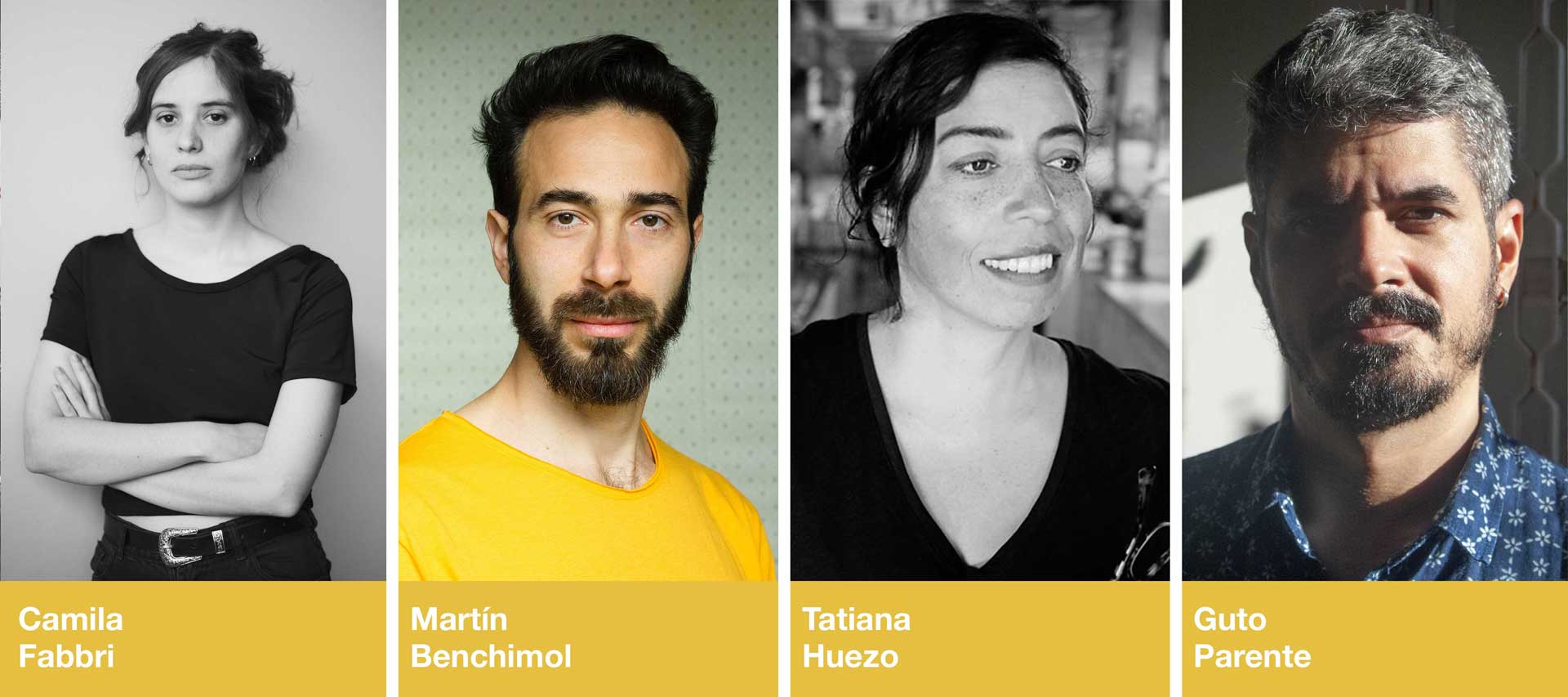
David Zonana (Mexico City, 1989), who competed in the Festival’s Official Selection with his debut, Mano de obra / Workforce (2019), will show in Horizontes Latinos his second work, Heroico / Heroic, previously screened at Sundance and in the Berlinale’s Panorama section. Zonana will return to San Sebastian with this anti-war argument starring a young boy who enrols in a military academy in the quest for a better future.
Felipe Gálvez (Santiago de Chile, 1983) will show a film of western airs which participated in Un Certain Regard at the last Festival de Cannes. Entitled Los colonos / The Settlers and set in the early 20th century, this debut movie turns the spotlight on the genocide of native peoples in Chilean Patagonia.
Director Lucía Puenzo (Buenos Aires, Argentina. 1976), who has competed in festivals such as Cannes, Berlin and Tribeca, formerly participated in Horizontes Latinos with El médico alemán-Wakolda (2013). Her fifth feature film, Los impactados, follows the steps of a woman, played by Mariana Di Girolamo, affected by physical and psychological changes after being struck by lightening during a storm.
With her debut, La camarista / The Chambermaid (2018), Lila Avilés (Mexico City, 1982) screened in New Directors and was selected to represent her country at the Oscars and the Goyas. Two years after having been a member of the Horizontes Award jury, the moviemaker will show in this section her second work, Tótem / Totem, which competed at the last Berlinale and whose lead character is a 7-year-old girl who looks on as her family foundations crumble.
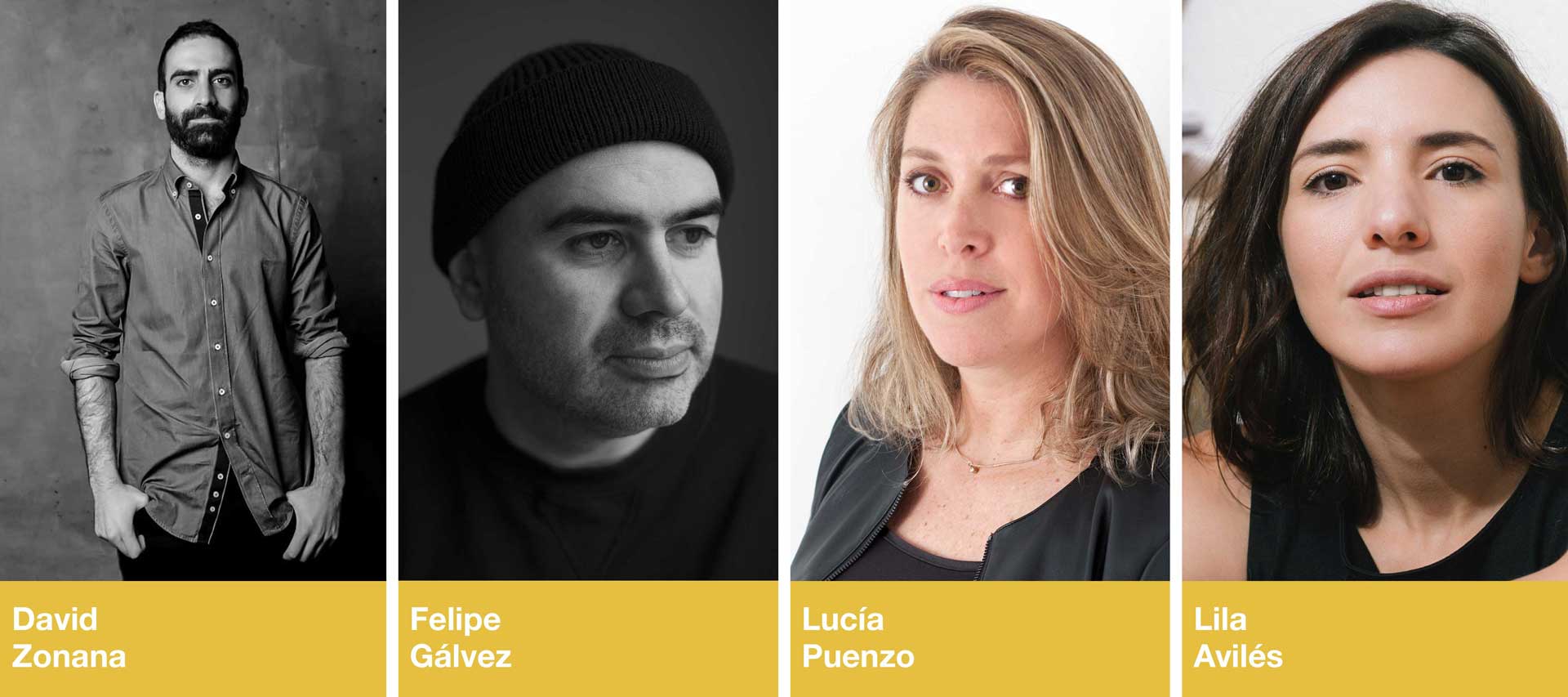
All of the films in the Horizontes Latinos section compete for the Horizontes Award, coming with 35,000 euros for the director of the film and its distributor in Spain. The Horizontes Award Jury has the task of assessing and awarding prizes to these titles. Films in the Horizontes Latinos section which are the first or second works by their director (in this case, Alemania, Blondi, Clara se pierde en el bosque, Heroico, Los colonos, Pedágio and Tótem) also compete for the TCM Youth Award, decided by a jury of 150 students aged between 18 and 15 years.
Gripped by the blind faith of her father, Reverend Pearson, Leni accompanies him on his evangelical mission. A banal accident forces them to stop at El Gringo's garage. When the Reverend becomes obssessed with saving the soul of Tapioca, the mechanic's son, Leni realises the time has come to take her fate into her own hands.
Suellen, a toll booth attendant, realizes she can use her job to raise some extra money illegally. But this is only for a noble cause: to send her son to an expensive gay conversion workshop led by a renowned foreign priest.
Sixteen-year-old Lola is studying for her resits when the possibility of a semester in Germany comes up. Lola wants to go, but her family, bogged down by her elder sister's psychiatric problems, don't want her to make the trip. The lack of stability and exhaustion in the ties with her family prompt Lola to go ahead with her idea and set out to find new experiences that make her see both herself and the circumstances that surround her with different eyes.
Blondi and Mirko are best friends. They love living together, listen to the same music, watch the same films, they like smoking grass, going to concerts, they share the same friends, everything is perfect between them… but even if they look almost the same age, Blondi is Mirko’s mother.
Clara is on her way out of the city on a family trip to the outskirts. She receives a message from Martina, her childhood friend, the person she'd been with the night of the tragedy at the República Cromañón club, bringing the idea of motherhood into the foreground. This shot of the present day and reality in a series of WhatsApp texts, home videos and family lunches sparks an exhaustive look back at her own adolescence and that of her friends in a city ravaged by the crisis and by a tragedy.
Having worked as a housekeeper all her life, Justine’s former employer leaves her an enormous mansion deep in the Argentinian pampa. The only condition is that she must never sell it. In this modern fairy tale, Justina and her daughter Alexia will face the challenges of keeping that promise alive.
El Eco is a remote village in northern Mexico where life is made up of very simple things. Being a child there is a unique experience from day one: closely linked to nature, animals and people. But also to love, intimacy and the cycles of life. And to education, at least for the youngest generation.
David is on the way to his hometown in Brazil to present a movie at a film festival. As he arrives, the Covid-19 pandemic starts to spread rapidly over the country. A lockdown is enacted, the festival is suspended and David's flight back home is canceled. Alone, David needs a place to stay and sees no alternative other than to reach out to his father, Geraldo, an eccentric man with whom he has not spoken for over ten years. As David arrives at Geraldo's apartment, strange things start to happen.
Luis, an adolescent of native American origin, enrols at a military academy in the quest for a better future. Both he and his new mates are subjected to a brutal hierarchical system, designed to turn them into perfect soldiers.
Chile, early 20th century. A rich landowner hires three horsemen to fence the boundary of his extensive property and open a route to the Atlantic Ocean through the vast Patagonia. The expedition, made up of a young mixed-race Chilean, an American mercenary, and led by an impulsive British henchman, soon turns into a "civilizing" incursion.
The injuries suffered by Ada when she is struck by lightning during a storm in the countryside affects her both physically and psychologically. As well as the visible consequences, she is worried about a series of strange symptoms she can't control: visual and auditory hallucinations, electric shocks and momentary confusions that end up distancing her from her former life. She finds support in a group of lightning survivors and the doctor in whom they have blind trust. For Ada, the road to electrophilia will be a voyage of no return.
Seven-year-old Sol is at her grandfather's house helping to prepare a surprise party for her father. As the day goes on, a strange and chaotic atmosphere gradually invades the situation, fracturing the foundations that keep her family together. Sol will understand that her world is about to undergo an enormous change, one that will open the road to the mystery of celebrating life.

